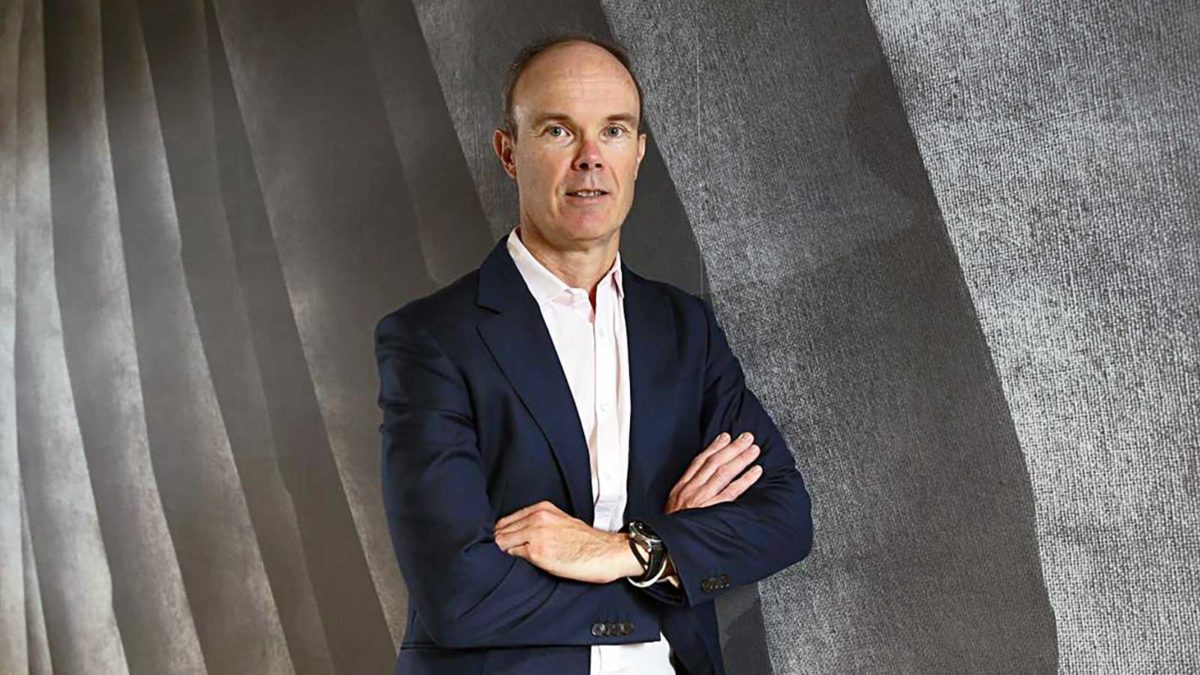Why Douglass was right (and wrong) on omicron
The emergence of omicron has seen plenty of blood in the streets, and the quiet vindication of one of Australia’s most divisive investors. But doomsday has been postponed again.
Like him or hate him, Hamish Douglass was (probably) right.
Lambasted for the subpar performance of Magellan’s flagship global equity strategy during an incredible bull run beginning in mid-2020, Douglass sought to put things in perspective. It was essentially a defensive strategy, one that was never meant to capture this sort of explosive growth. And the scenario that investors had imagined – one where economies bounced back like a prize fighter from an apparent knockout – might not play out.
After all, a mutant strain of Covid-19, capable of resisting vaccines or causing more severe illness, might emerge in those countries where it was still spreading unchecked – a chilling possibility for investors who still bore the psychological scars of the March crash. But a possibility it remained; markets continued to climb, while the issue of “escaped mutants” seemed to take up an increasing amount of Douglass’ time.
To observers (including this one) the defence seemed increasingly frantic. Investor presentations became long-winded lectures on spike proteins and “killer CD8 T cells”, Douglass himself like one of those wild-eyed boffins in a stained lab coat from some disaster movie – or perhaps Colonel Kurtz, muttering darkly about whether his methods are unsound.
If you only read the papers, Magellan seems on the brink of becoming last year’s man. Pointing out that the global equity strategy was never designed to do what people wanted it to do was of little comfort to investors who’d missed out on a historic rally, and outflows have followed. Significant outflows? No, but we should never let that get in the way of a good headline. And Magellan’s bets on Finclear and Barrenjoey look to be paying off (of course, a mini-UBS staffed with some of its heaviest hitters would seem a sure thing).
And the prediction about mutant strains has finally been borne out; not one but two mutant strains have emerged, in the form of delta and omicron. It’s hardly cause to punch the air, but one wonders whether Douglass, recently seen swanning on a yacht in the Greek Islands, doesn’t feel some small satisfaction.
Maybe not. The problem with doomsday prophets – whether their name be Grantham or Douglass – is that doomsday is often postponed. Monday’s (November 29) sharp drop in markets has not been the catalyst for a continued fall (as of yet) despite enormous concern over the weekend prior about whether we might be reliving the early days of Covid-19. Some commentators expect more volatility through the close of the year, and we will soon know whether the variant is indeed vaccine resistant. If it does, doubtless things will get worse.
It’s widely acknowledged, albeit in more words, that markets are currently held aloft by sheer weight of belief alone. And when that’s the case, it’s very hard to shake that belief. After all, Douglass was right about the emergence of mutant strains with delta, and the crippling lockdowns that would follow, but markets mostly shrugged those things off. It might take one monster mutant to make them pay attention.










